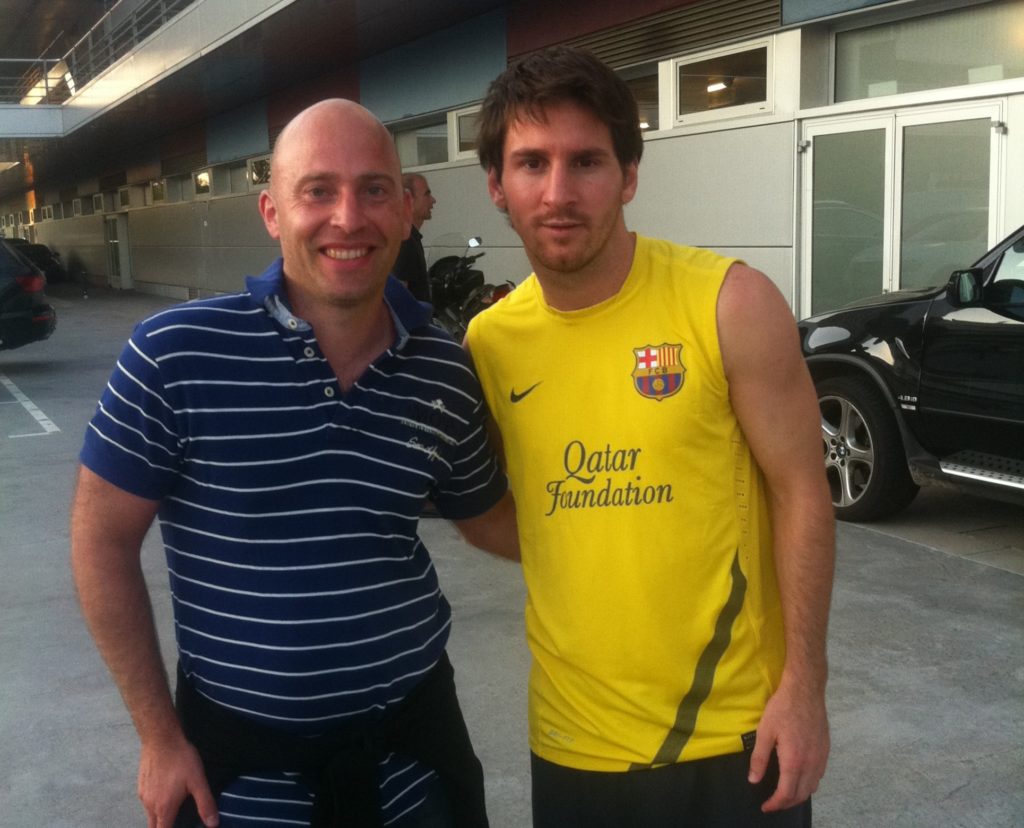Archiv der Kategorie: Kontroverse
Variation statt Wiederholung
Lernen und Freiheit
Set it free

Science and practice

Science based or arbitrariness
There is a very exciting discussion in the Facebook Group Tennis.Haus about the review on studies about the game-based approach (GBA). This ranges from full approval to the GBA to the defense of the technology-oriented approach. Striking are in the debate but the nuances. After that, that’s just good for the athletes, what works. Even if scientific knowledge is completely neglected.
I am very divided. It certainly seems presumptuous to question the training practice of successful coaches. On the other hand, I am aware that numerous factors are responsible for the athlets success. Methods and didactics of tennis training are only one component among many. But would’nt it be more responsible to the players, if such successful coaches would coach to their obvious strengths even more evidence-based? The following is my answer on the discussion on Tennis.Haus.
„The thing is that you can become a very good tennis player if your coaches are strictly orientated towards an ideal technique and continuous technique corrections are elementary components of their training. Just like one of the most creative players of his time, Björn Borg said: Science based or arbitrariness weiterlesen
Game based approach – a review
Paul Kinnerk, Stephen Harvey, Ciarán MacDonncha & Mark Lyons haben sich einen Überblick verschafft über verschiedene Studien zum Spielorientierten Lernen im Sport (GBA – game-based-approach). Die Überprüfung der Literatur zum spielorientierten Lernen im Wettkampf- und Mannschaftssport zeige, dass die GBA in der Entwicklung der Sportler in Entscheidungsfindung und taktischer Kreativität unterstützt. Dank an Chris Lewit, der mich auf diesen Artikel aufmerksam gemacht hat.
A Review of the Game-Based Approaches to Coaching Literature in Competitive Team Sport Settings
Paul Kinnerk, Stephen Harvey, Ciarán MacDonncha & Mark Lyons have reviewed various studies on Game-based Approach in Sports (GBA). The review of the literature on game-oriented learning in competition and team sports shows that the GBA supports the development of athletes in decision-making and tactical creativity. Thanks to Chris Lewit who drew my attention to this article.
Not just another game centered approach
Workshops bei Trainerfortbildungen, November 2018
Creative motor actions and constraints

The studies linked here provide an insight into the current state of research on the influence of personal and situational factors on creative motor problem solutions. As is so often the case with the topic of creativity in sports games, Daniel Memmert is part of the research team at the Sport University Cologne.
The research goal: „German football players are usually described with adjectives such as disciplined, tactically intelligent, or diligent, whereas the word creative is rather rarely associated in connection with the German sports game.“ Within this project, targeted training concepts are developed to the creativity of sports players to promote.“
The specified further research leads to exciting insights into the emergence of creative movement solutions in sports.
Die hier verlinkten Studien geben einen Einblick in den aktuellen Stand der Forschung zum Einfluss von persönlichen und situationsbezogenen Faktoren auf kreative motorische Problemlösungen. Zum Forschungsteam an der Sporthochschule Köln gehört wie so oft beim Thema Kreativität in den Sportspielen Daniel Memmert.
Das Forschungsziel: „Deutsche Fußballspieler werden meist mit Adjektiven wie diszipliniert, taktisch intelligent, oder fleißig umschrieben, wohingegen das Wort kreativ eher selten im Zusammenhang mit dem deutschen Sportspiel in Verbindung gebracht wird. Innerhalb dieses Projektes werden gezielte Trainingskonzeptionen entwickelt, um die Kreativität von Sportspielern zu fördern.“
Die angegebenen weiterführenden Forschungsarbeiten führen zu spannenden Einsichten in die Entstehung von kreativen Bewegungslösungen im Sport.









